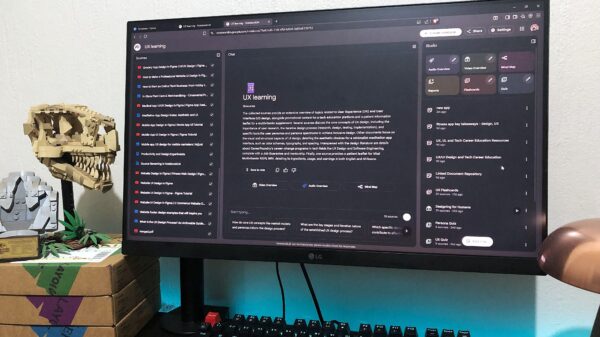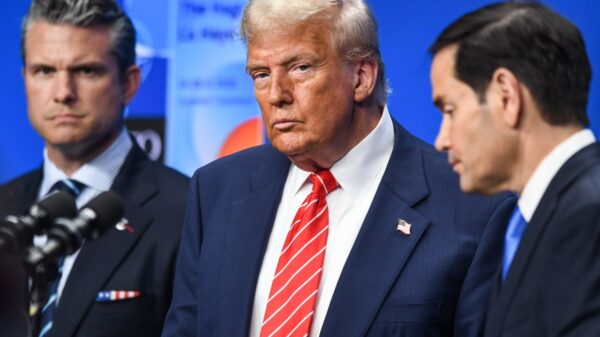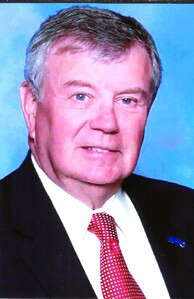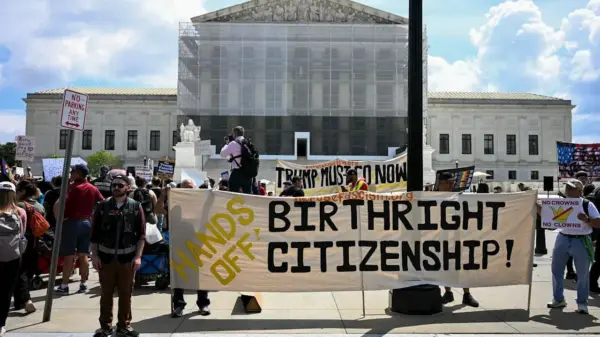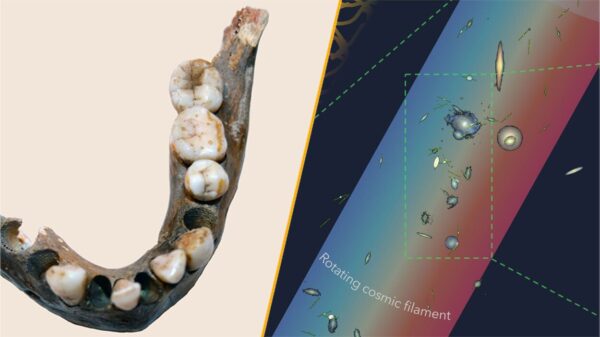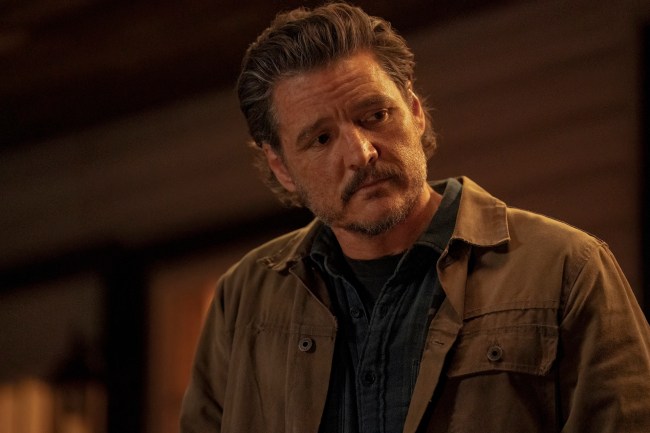Editor’s Note: This article contains spoilers for “The Last of Us” Season 2 and “The Last of Us Part II” video game.
Fans of “The Last of Us” franchise, whether through the video games or the HBO series, have been captivated by the complex narrative woven around Joel and Ellie. In a bold narrative choice, showrunner Craig Mazin and co-writer Neil Druckmann have decided to incorporate a pivotal flashback scene from “The Last of Us Part II” into the sixth episode of Season 2, titled “The Price.” This scene, originally placed at the end of the game, provides crucial insight into Ellie’s understanding of Joel’s actions and their relationship.
The decision to move this scene earlier in the series is significant as it reshapes the emotional landscape for viewers. In the game, Ellie’s conversation with Joel occurs after players have completed both her and Abby’s story arcs, revealing the depth of Joel’s sacrifice in Salt Lake City. By placing it in the current timeline of the series, the creators aim to deepen the audience’s understanding of Ellie’s psyche before the plot advances further.
The Emotional Weight of Joel and Ellie’s Conversation
In this newly positioned scene, Ellie confronts Joel about his decision to save her from the Fireflies, which resulted in the loss of a potential cure for the Cordyceps infection. The scene is meticulously crafted to mirror the game’s original cutscene, from the design of Joel’s mug to Ellie’s nervous gestures. However, the HBO adaptation extends the interaction, allowing for a more profound exploration of their relationship dynamics.
Craig Mazin explained on the Filmmaker Toolkit podcast, “Neil and I felt this is where it belonged because we wanted to understand Ellie before we went further. We needed to know what she knew, and we needed to understand how she really left things with Joel before he died.” This insight into Ellie’s mindset is crucial as it sets the stage for her actions and decisions moving forward.
Understanding the Characters’ Motivations
Unlike in the game, where Ellie discovers evidence of Joel’s actions, the series portrays her relying on instinct and unresolved questions. Mazin noted, “Unlike Ellie in the game, who goes to Salt Lake City and she finds proof, our Ellie doesn’t have proof as much as just this strong instinct based on questions that have been bothering her for all these years.” This shift emphasizes the emotional turmoil Ellie experiences as she grapples with Joel’s betrayal and her own need for closure.
The extended scene in the series allows viewers to witness a more nuanced conversation between the characters. Joel’s struggle to articulate his feelings and Ellie’s demand for honesty create a tension that is both palpable and heartbreaking. Mazin highlighted, “There’s a reason we begin the season basically with Joel talking to a therapist. Because this is a story about the lies we hold within ourselves… Joel would do it again.”
Impact on the Series and Audience
Pedro Pascal’s portrayal of Joel in this scene is a masterclass in conveying complex emotions. His performance, combined with Bella Ramsey’s raw depiction of Ellie’s hurt and determination, brings a new depth to their relationship. The scene’s placement in the series not only alters the narrative flow but also invites viewers to reconsider their understanding of the characters.
As Mazin reflected, “I look around in our regular non-zombie apocalypse world, and we’re all walking around with this stuff, all of us with these things we want to say, but we can’t. These things we’ve done that we’re both ashamed of and proud of, and I think that’s why people connect to the show.” The universal themes of guilt, love, and forgiveness resonate deeply with audiences, making the series a compelling exploration of human relationships.
Looking Ahead: What This Means for Ellie
With the possibility that this may be Joel’s final appearance in the series, the implications for Ellie are profound. The scene positions her at a crossroads, challenging her to reconcile her feelings and decide her path forward. As Mazin mused, “If Ellie can forgive that, what else can she forgive? What else can Abby forgive? What can any of us let go in these moments?”
Ultimately, “The Last of Us” continues to captivate audiences by delving into the complexities of its characters and their relationships. The decision to shift this pivotal scene underscores the series’ commitment to exploring the emotional truths that drive its narrative. As viewers await the next chapter, the question remains: how will Ellie’s journey evolve in the wake of this revelation?
“The Last of Us” is streaming on HBO Max. To catch Craig Mazin’s insights on the Filmmaker Toolkit podcast, subscribe on Apple, Spotify, or your preferred podcast platform.





